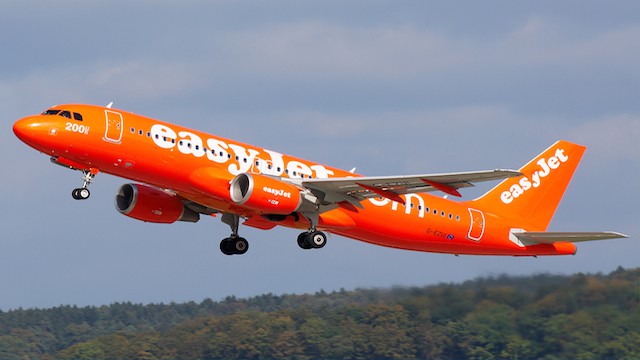Shares in EasyJet (LSE:EZJ) have struggled to gain altitude this year. After the company issued a severe profit warning at the end of June the market has remained cautious of the group and sellers have far outnumbered buyers for the past six months. Year-to-date shares in the discount carrier are down by 43% excluding dividends and are trading close to a level not seen since 2013.
Unfortunately for easyJet shareholders, there could be further declines to come as the airline grapples with an increasingly hostile operating environment.
Airlines are bad news
Criticising the state of the airline industry Richard Branson once remarked “if you want to be a millionaire, start with a billion dollars and launch a new airline.” Airlines are notorious for their ability to destroy shareholder capital, but until the beginning of this year it looked as if easyJet had cracked the code. The company’s low-price operating model coupled with disciplined capital allocation has helped the group grow steadily for two decades.
However, the company’s growth trajectory is now under pressure from overseas carriers and its own rapid expansion. Low oil prices and more efficient aircraft are helping competitors match its offering to customers. What’s more, the sector’s capacity growth in short haul markets has continued to push down profitability for the whole industry. Couple these two supply factors within uncertain consumer demand and you have a recipe for disaster.
Fighting back
As competition increases, EasyJet must fight back, which means lower prices and tighter profit margins. Unless short haul capacity suddenly contracts, these pressures will persist for some time meaning that it may face several years of uncertainty. The company’s most recent set of passenger statistics showed that while more customers are flying with the airline, the load factor is falling indicating the company is bringing more capacity online than it needs.
For the 12 months ending November 2016, the number of passengers flying with the airline increased by 5.9% to 73.7m although the load factor decreased by 0.5% to 91.3%.
The bottom line
The airline has had a stellar run, but it now looks as if the curse of the industry is starting to descend on the company. Industry overcapacity and falling prices are weighing on group earnings while it looks as if the firm has added too much capacity to its fleet. City analysts are expecting earnings per share to fall by 20% this year and based on this estimate the shares trade at a forward P/E of 11.9, which looks slightly expensive for a company that’s struggling to grow in an incredibly competitive market.
Overall, for the time being, I would avoid easyJet. The company has had a stellar run over the past few years but now growth is starting to slow and it appears to have lost its competitive edge.








